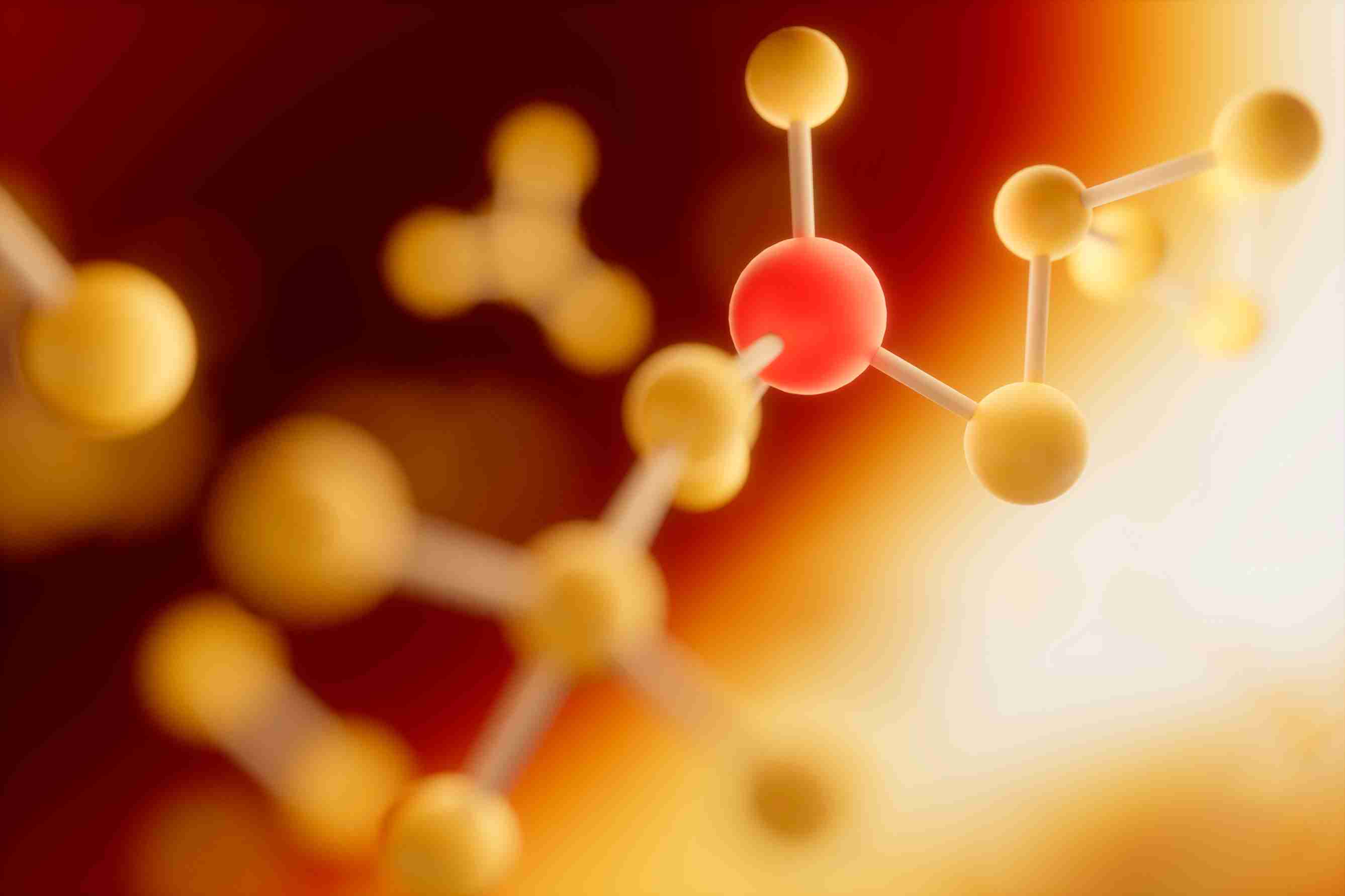
Hormones play a crucial role in the proper functioning of your body. Hormonal imbalances can result in various health issues. Prolactin is one such hormone that aids in women's lactation and is responsible for the development of breast tissues. It is usual for prolactin levels to be high during pregnancy and after childbirth. The change in prolactin levels for men and women can affect bodily functions. Prolactin levels may spike when you are stressed or feeling down. Stressful psychological and physical events can alter your prolactin levels. Continue reading to learn about stress-induced prolactin secretion and its effects on your overall health.

Prolactin hormone is an important hormone secreted in both men and women. The pituitary gland produces it and is responsible for various bodily functions. It mainly helps in lactation and milk secretion. Low or high prolactin levels may affect your reproductive health. These levels can affect the fertility of men and women. Prolactin levels are usually high during pregnancy and after childbirth, especially when the mother breastfeeds her baby.
Stress and prolactin secretion are closely associated, as stress can spike prolactin levels. Physical and psychological stress can cause a temporary increase in your prolactin levels. High-stress levels stimulate the hypothalamic-pituitary-gonadal axis, releasing cortisol hormone and elevating prolactin levels. The increase in prolactin levels in response to stress varies from person to person. The following prolactin functions make it evident that stress can alter your prolactin levels.
Research reveals that prolactin levels play a crucial role in stress-related disorders. Also, anxiety and psychotic symptoms may elevate your prolactin levels.
The symptoms vary for men and women.
In women, you can notice the following symptoms when you have high prolactin levels:
Men may notice the following due to high prolactin levels
High prolactin levels due to stress affect both men and women. In women, elevated prolactin levels cause:
High prolactin levels in men may cause the following:
If prolactin levels are high, there is a chance of developing non-cancerous tumours in the pituitary gland, which may, in turn, increase prolactin secretion.
Your body must maintain a normal prolactin level for proper body functions. The normal prolactin value is different for men and women. Normal prolactin levels for men are less than 20 ng/ml. For women who are not pregnant or breastfeeding, the levels must be less than 25 ng/ml. The prolactin level may vary from 80 to 400 ng/ml for pregnant and breastfeeding moms. The normal prolactin values vary among different lab testing centres.
Your doctor may recommend a blood test to check your prolactin levels. The test measures the amount of prolactin hormone in your blood. If your prolactin values are higher, your doctor may insist on an imaging test to detect prolactinoma. This test helps identify the size and location of the tumour.
Stress is not the only factor that alters your prolactin levels; there are other factors that impact the prolactin levels, including the food you eat, exercise, sexual intercourse, nipple stimulation, seizures and injury to your chest.

You must consult your doctor when you notice the symptoms of high prolactin levels. Visit your doctor immediately when you notice unusual nipple discharge and a change in milk supply for breastfeeding moms.
It is important to treat high prolactin levels as it badly affects your body functions.
Medications: Your doctor may usually recommend medicines to regulate the prolactin levels. Dopamine agonists are popular medications used to reduce prolactin levels and treat prolactinoma. Cabergoline is usually prescribed for high prolactin levels in women. You must take this medicine daily twice a week. If you suffer from prolactinoma, you must take the medication for an extended period until the tumour shrinks and the prolactin hormonal regulation becomes normal.
Surgery: If medications are not suitable for treating the condition, you may need surgery to remove prolactinoma.
Prolactin is a crucial hormone responsible for various body functions for both men and women. Stress impacts your body's prolactin levels, resulting in different health problems. Both men and women can identify a spike in prolactin levels through specific symptoms. It is important to treat the condition as it can lead to fertility issues and depression.

Prolactin is a hormone produced in the pituitary glands and is responsible for various body functions. The primary functions of the prolactin hormone are: Induces mammary gland development and aids in lactation for breastfeeding moms. It works with oestrogen and progesterone to stimulate milk production and breast tissue development.

Stress impacts your prolactin levels. Stress can elevate prolactin levels, potentially leading to various health issues. Stress acts as a trigger in elevating your prolactin levels. When stressed, the hypothalamic pituitary adrenal axis produces cortisol secretion, increasing prolactin levels.

Chronic stress can result in abnormal changes in prolactin levels, which may lead to a stress response and neuroendocrine changes.

Irregular periods Infertility Weight gain Decreased libido Headache